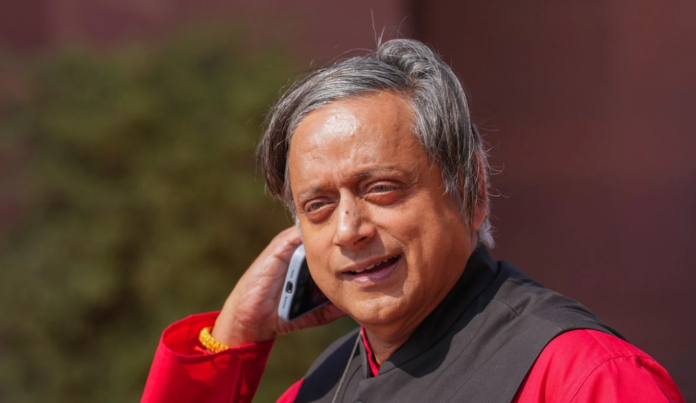Congress MP Shashi Tharoor has once again lauded the Narendra Modi government, this time for India’s ‘Vaccine Maitri’ initiative during the Covid-19 pandemic. In a recent column titled Covid’s Silver Lining for India, Tharoor emphasized how India’s vaccine diplomacy emerged as a “powerful example of international leadership rooted in responsibility and solidarity” during a global crisis.
Highlighting India’s role in supplying domestically manufactured vaccines—Covishield and Covaxin—to over 100 countries, Tharoor noted that India stood out as a key player in global health diplomacy. “India did what wealthier nations failed to do. These vaccine shipments significantly boosted our global reputation, reinforcing India’s image as a responsible global leader,” he wrote.
Although Tharoor did not explicitly mention PM Modi in his column, he acknowledged the leadership behind India’s vaccine diplomacy. He described it as a reflection of India’s soft power, underpinned by values of compassion, cooperation, and global partnership—strengthening diplomatic ties and elevating India’s international stature.
Tharoor’s latest remarks come shortly after he endorsed PM Modi’s position on the Russia-Ukraine war. He recently stated that while peace between Russia and Ukraine is critical, as Modi pointed out, it “cannot be achieved on the battlefield” and must come through negotiation. Tharoor admitted that he had initially opposed India’s stance on the war but later realized that the adopted policy positioned India as a key player in fostering lasting peace.
Tharoor’s praise for the Modi government has sparked reactions from the BJP, which has taken jabs at the Congress over his remarks. Amid ongoing speculation about a rift between Tharoor and the Congress—especially after his appreciation for both PM Modi and Kerala’s LDF government—he clarified that he remains committed to the party but hinted that he has “options” if his services are no longer needed. However, he dismissed rumors of switching parties, asserting that he does not believe in political opportunism, even if differences exist within his party.



